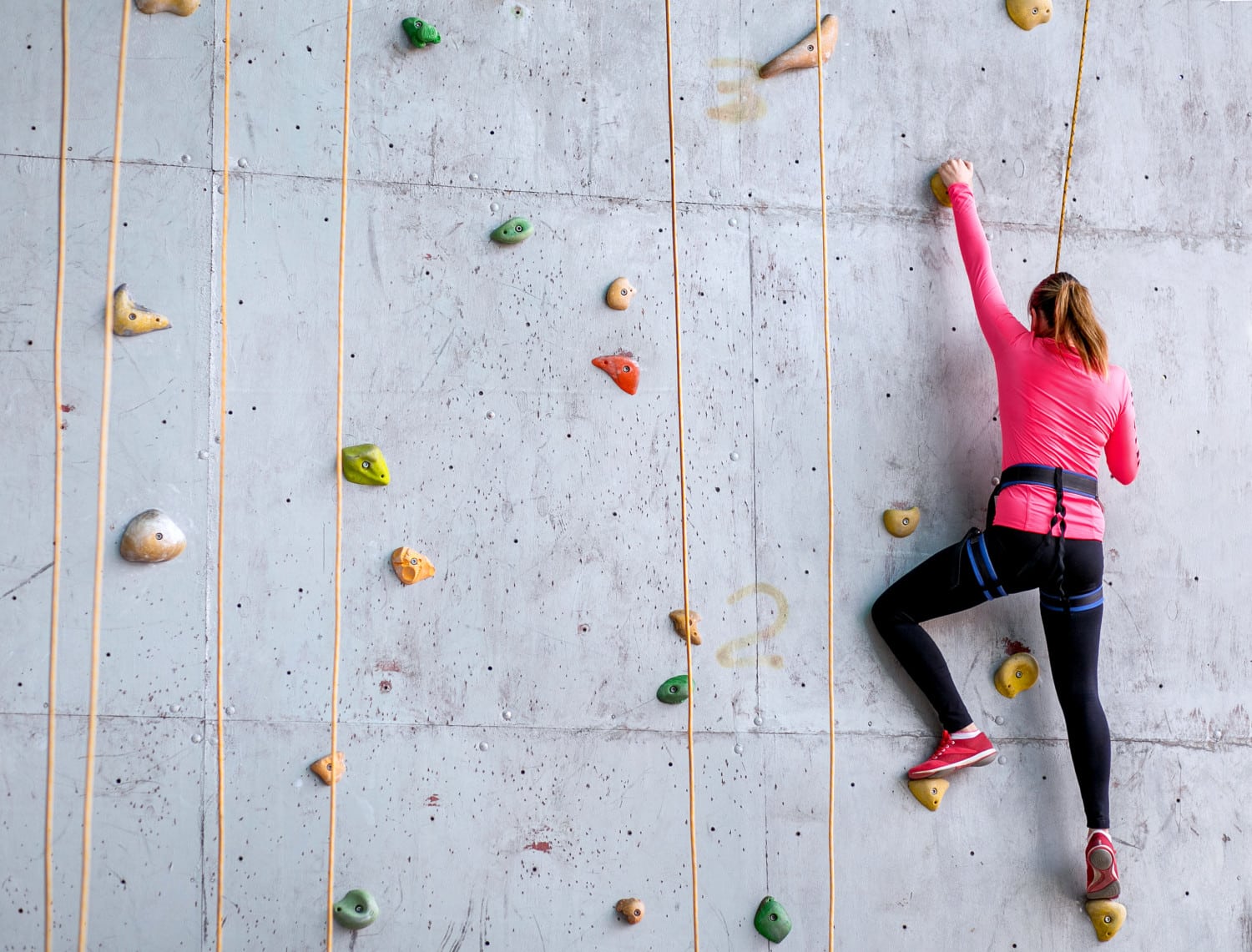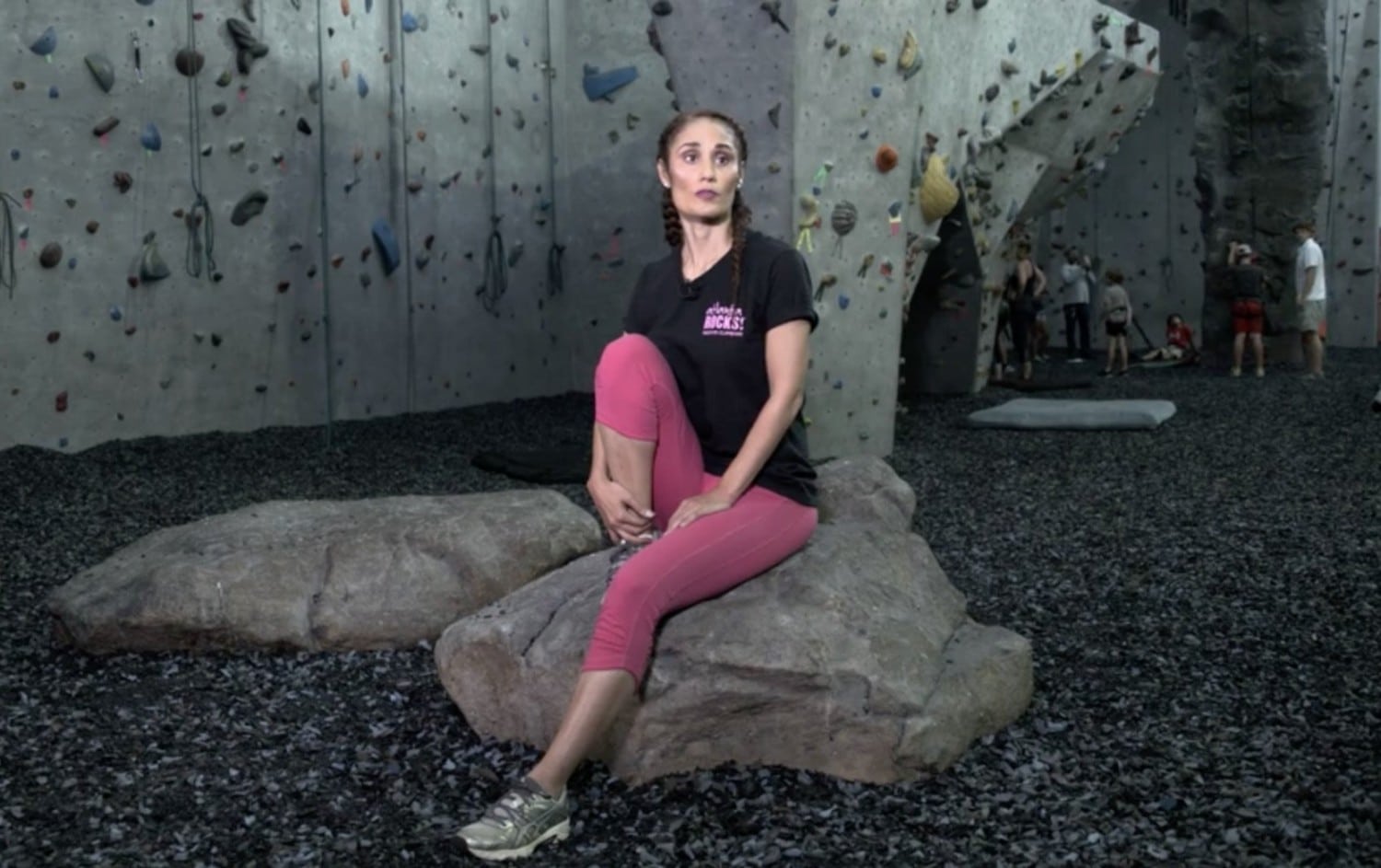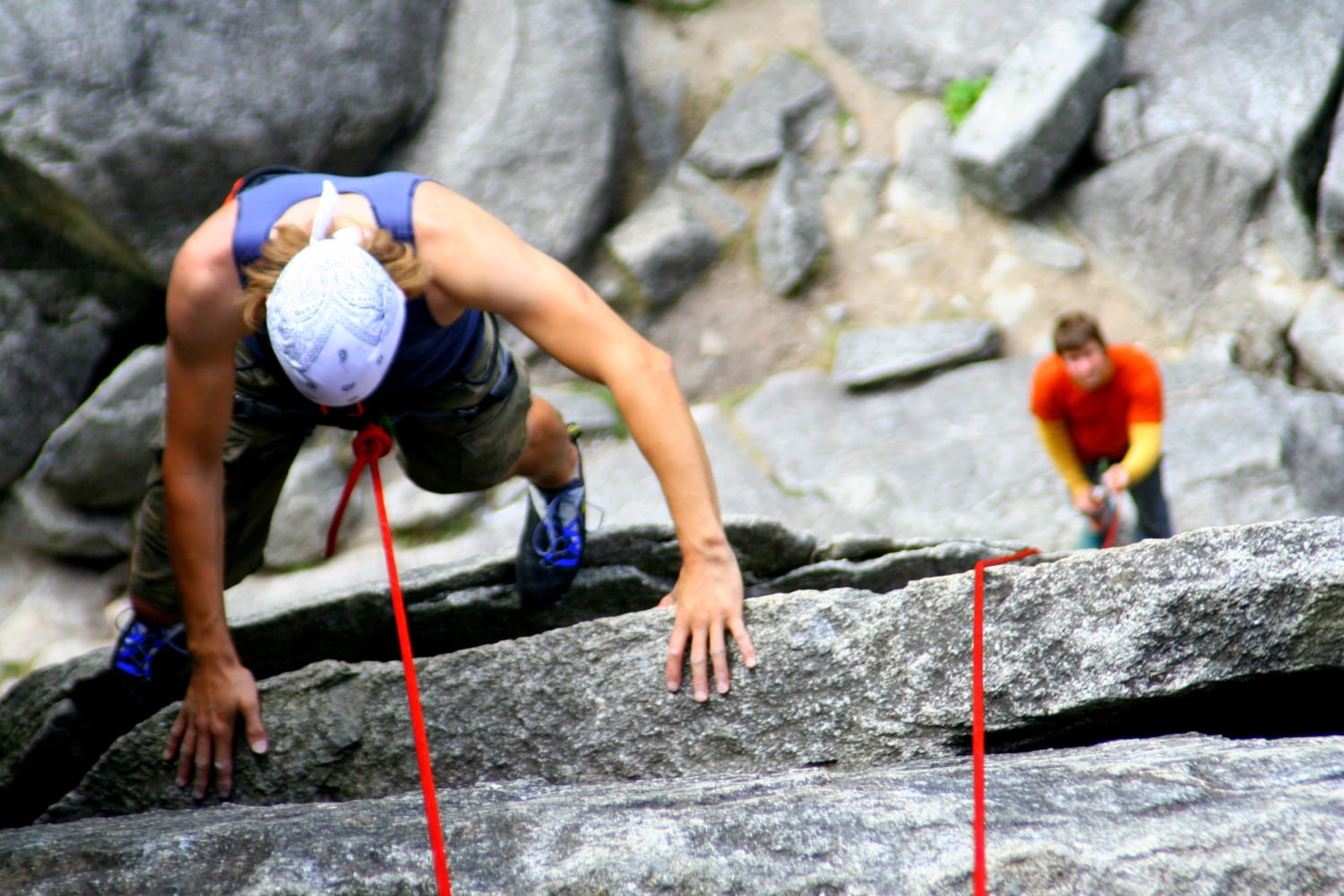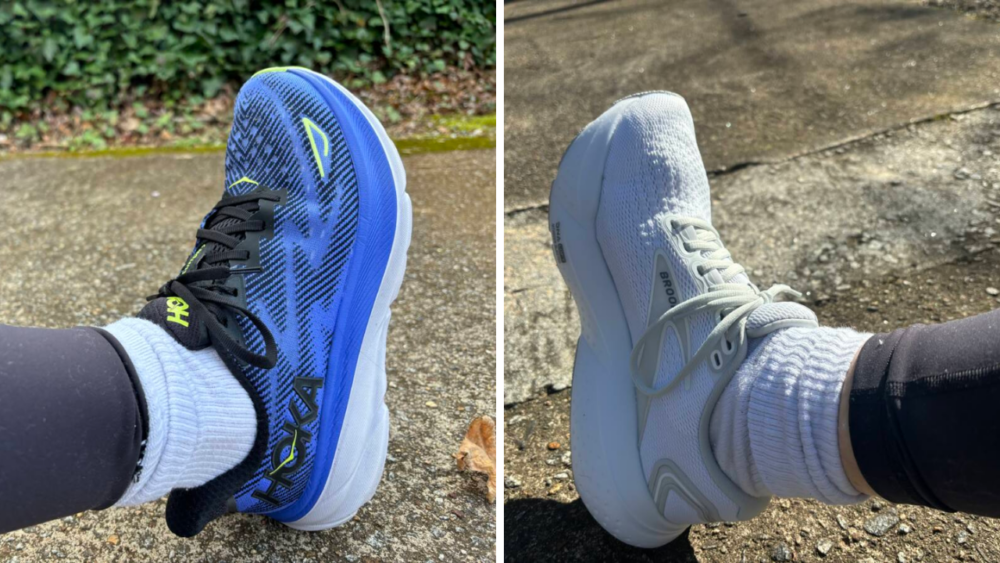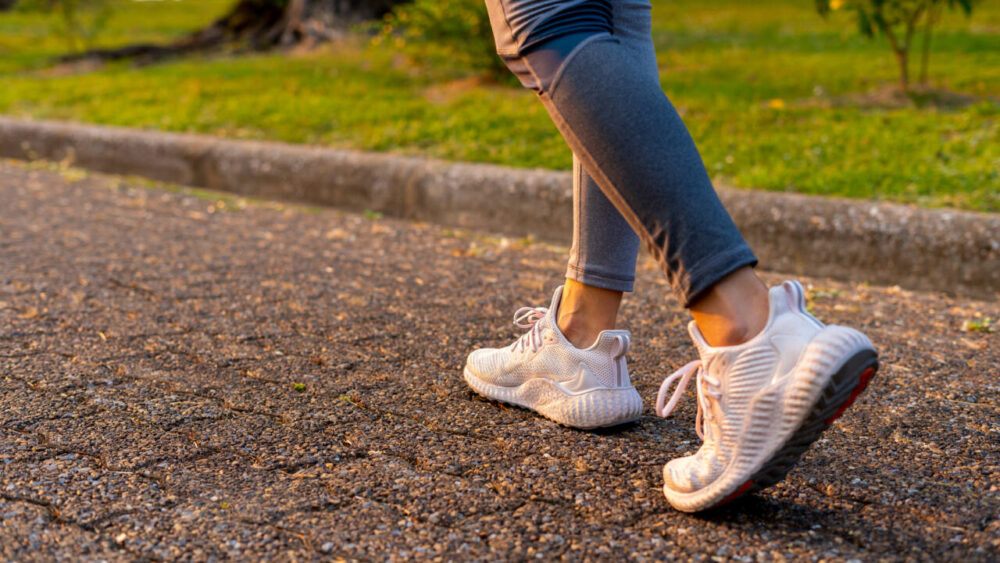How rock climbing can help you improve your mental health

Carolyn Wynn was scaling the corporate ladder. But she felt like her life was crumbling.
She had a proverbial boss from hell. She had spent years working for the renowned Bell Laboratories and associated companies, sometimes in roles that demanded 80-hour workweeks. All around, she felt unhappy. She was always caring for others but not herself.
Then, one day, she planned an outing to a rock-climbing gym to “cheer up one of my friends.”
But on that day, it was her own life that ended up changing.
Climbing “saved me from myself,” Wynn said. “That first day, I climbed out of my depression.”
Wynn describes having three epiphanies while climbing that day. The first: “I was a lot stronger than I thought.” The second: She realized she was going to be OK.
And the third, she said, was “something greater than myself had me.” Wynn had studied theoretical physics in college, but she wasn’t talking about something physical.
“I had more conversations with God on a rock,” she said, “than in anybody’s church.”
A Sudden Passion
This was in 2014. Wynn began going to an indoor rock-climbing gym weekly and then upping to two to three times a week.
She reached a new level in the sport six months ago, when she took a job as an instructor at Atlanta Rocks. The 46-year-old teaches there part-time, which enables her to sustain her career as a corporate strategist — with less stress.
In the climbing gym, Wynn sees others working out the same issues she once had. She says that those with hard-driving, analytical careers struggle most.
“If they get stuck at the top of the wall and don’t want to come down, I can usually tell there are some control issues. I can tell there are some competitive issues there as well,” she said.
“Accountants and attorneys have a hard time with the release of control. Doctors are the worst. They’re used to their whole life being perfect.”
For some novice climbers, the fear of failure is very real — even though safety ropes will limit any fall to a few feet.
“Sometimes, you want someone to fall one good time, so they can get over it,” Wynn said.
And sometimes, those whose lives have fallen apart outside the gym find themselves returning to the climbing wall to put themselves back together.
Wynn described one young climber who was petrified of dying after seeing his brother killed in an accident at a nearby lake.
To help him overcome his fears, she had him climb up walls blindfolded. He came down thrilled, saying “that was fun,” and was soon racing other boys up the walls.
The Mental Health Benefits Of Climbing
In addition to the cardiovascular and strength-training aspects of climbing, the sport has another dimension, says Pete Rohleder, a kinesiologist at Georgia State University.
“That perceptual or cognitive aspect — the decision-making, the planning, the strategizing — puts a unique physical and mental challenge on the climber,” he said.
Climbing’s combination of mental and physical challenges “reinforce those neural pathways that can enhance our movement, enhance our cognitive function and make it much easier to attain goals,” Rohleder said.
Several studies show that bouldering — climbing walls short enough to not require safety ropes — has a measurable effect on self-reported depression scores. And psychologists have long known that physical activity is an antidote for a range of mental health issues.
But perhaps the most compelling study on climbing and mental health came out earlier this year. It shows that bouldering is a “significant predictor for reduced depressive symptoms” even when controlling for physical activity, psychotherapy, and the use of anti-depressants.
The study divided people with depression into two groups: One that climbed and a second that engaged in light physical activity and maintained other treatment plans. The first group attended weekly climbing sessions for eight weeks, while the second group was put on a wait list for two months before beginning their own eight-week set of climbing sessions.
The study showed that compared to participants who had not yet started bouldering, those who climbed showed greater improvements in areas like “phobic anxiety and passive coping.”
The authors write that the advantage of bouldering over other forms of physical activity or psychotherapy might be explained by the sport’s “subjectively threatening situations, demanding focused attention and mindfulness,” adding that “its mastery appears to be associated with feelings of self-efficacy and internal locus of control.”
Wynn, the recovered corporate warrior and climbing teacher, describes it another way.
“Rock climbing is defying gravity,” she said.
Like most climbers, Wynn doesn’t refer to bouldering walls as “walls.” Instead, they’re “problems.”
Solving those problems leads climbers to scale other challenges — at work, at home and in life.
“When you have depression, you have a fear: fear of worthlessness, fear of not being enough,” Wynn said. “Climbing pulls you out of that.”
Written by Ryan Prior for CNN.
The-CNN-Wire
™ & © 2018 Cable News Network, Inc., a Time Warner Company. All rights reserved.


